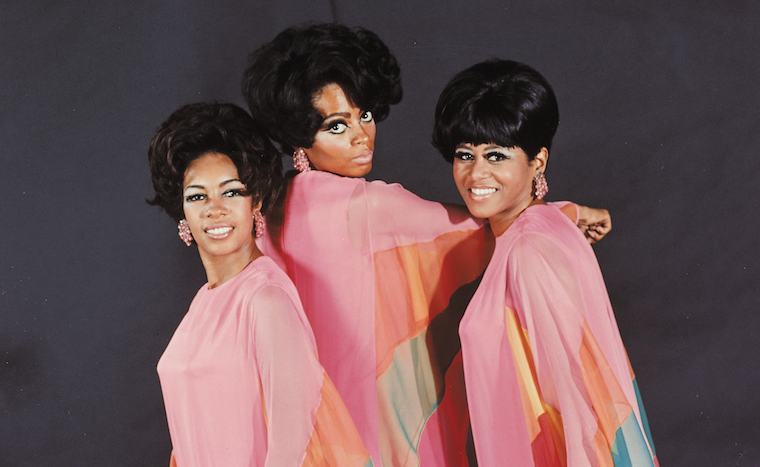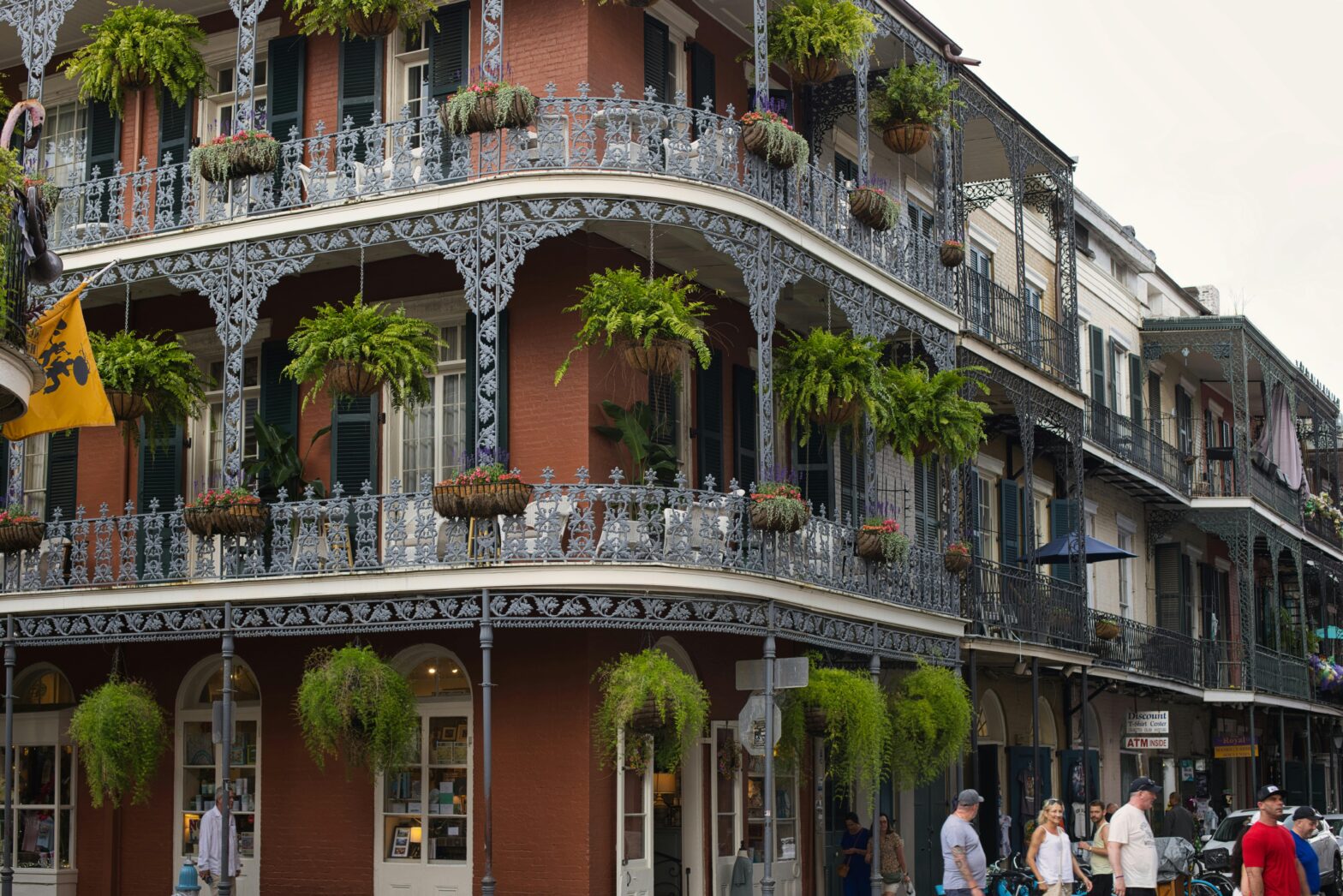Detroit is a city that’s not often on the bucket list of most travelers. But it’s safe to say, that over the past few years, the city has seen a rise in popularity with the influx of young creatives taking over with great force opening hipster cafes, transforming abandoned houses into artsy hangouts, and generally embracing the idea of home-grown talent. With this new life, comes the reminder of what used to be, and one of Detroit’s most prominent industries is music as it was here in the ’60s, amidst riots and rebellions, that the Motown groove was born. If you want to find Detroit’s soul, you’re going to need to start your three-day city break by taking a look at Motown.
RELATED: Stream Motown Classics On Spotify, Apple Music, Amazon, Pandora & Youtube
History of Motown
In 1959, Berry Gordy Jr. was granted a loan of $800. With it, on January 12th, he started a record label from a house on 2648 W. Grand Blvd, Detroit. In the process, he revolutionized the music industry, along with the lives of countless African-Americans and the socio-economic climate of North America forever. The record label was named ‘Motown,’ an abbreviation of Detroit’s peppy nickname ‘Motor City’ (the largest industry in the city) and outside the Motown headquarters Gordy hung a sign, “Hitsville USA,” a bold move that rang true. Over the next decade the studios took off with the likes of Smokey Robinson, Diana Ross, and The Jackson 5 joining the team to create some of the best Motown songs in history.
Motown was a business that started at the height of the civil rights movements across America and was owned by and focused on, African-Americans. The music Gordy was making was unique not only because it was catchy (songs include ‘Heard it Through the Grapevine,’ and ‘Dancing in the Streets’), but because it appealed to all races and integrated soul music into multiple societies. Motown could have been targeted at African-American audiences only, but Berry Gordy’s success came from opening his music to the wider world, and as such, he created a “color-blind fanbase.” This African-American business gave white Americans something that they loved, something they couldn’t get enough of – the joyous grooving beat of new soulful music.
Motown Accommodation
Detroit has an array of accommodation types to suit all budgets. So, whether you’re after a bargain three-day break or a luxury stay at a boutique hotel, we’ve got just the accommodation for you! Check out our five places for a great night’s sleep Below:
- Hotel St. Regis Detroit – Located in downtown Detroit, just a 20-minute walk from the Motown Museum, this 3-star hotel boasts elegant yet modern decor and offers high levels of comfort. The onsite restaurant and bar is an excellent spot for a little evening entertainment.
- MGM Grand Casino Detroit – For a reliable and rewarding stay, opt for the MGM’s 4-star hotel. This luxury hotel is perfect for those who want all amenities under one roof including entertainment, nightlife, restaurants, and bars. Make sure you spend an evening in the AXIS Lounge where you’ll find bands playing live music (Motown, jazz, modern pop) most nights.
- The Inn on Ferry Street – If you’re more a boutique hotel kind of person, then opt for this charming and historic inn located in the East Ferry Street Historic District of midtown. History comes alive here as you’re thrown back into the Victorian era, a time before Motown but a period rich in history! The hotel is just a 20-minute walk from the Motown Museum.
- E.Mkt Studio Airbnb – This modern and minimal flat is located at the intersection of Lafayette Park (which is home to the world’s most extensive collection of Mies Van der Rohe architecture). The flat is also just a stone’s throw away from North America’s largest open-air food market.
- 1890’s Rustic Garden Level Loft Airbnb – This quirky one bedroom flat sits inside a beautiful Victorian mansion right in the heart of Midtown just a 15-minute walk from Detroit’s very best restaurants, bars, and attractions.
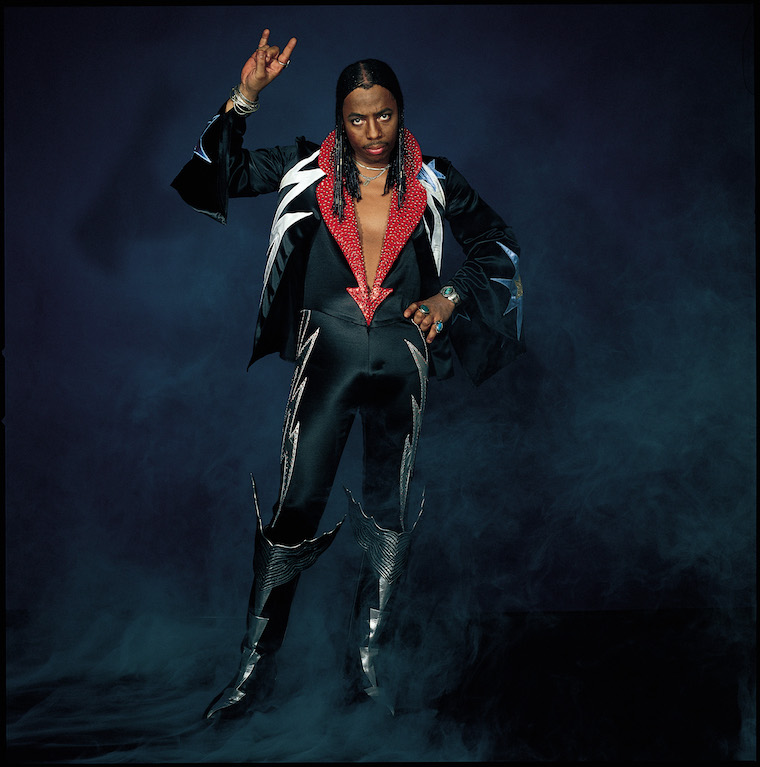
Food History
When in Detroit and exploring Motown, you’re going to want to dip into the Motor City’s ties to southern dishes. Spend your three days in the city dining on hearty soul food to the likes of deep-fried chicken, creamy macaroni and cheese, and fresh collard greens! But first, a little food history…
Southern cooking in Motown dates back to the Great Migration in the 1910s when African Americans came to Detroit from the south in search of better opportunities. While the African American community was primarily segregated, at the heart of the community was culture, family, and church – all of which played a role in the development of the sound of Motown and the impact it had on families across the state. The church, in particular, was a place of importance for food, as it was here that members of the Civil Rights movement would congregate and dine on hearty soul food from the church Kitchen. Today these divine dishes are still strong in Detroit, and there’s a number of restaurants and dinners still serving these Motown dishes.
City Break Itinerary
Your three days in Detroit should be spent jumping from one museum to the next, soaking up the very best of Motown, and enjoying live music as you go. Below is a list of things to do and places to visit while in Detroit – get ready to soak up that Motown soul and African-American spirit! And before you hit the road tune into this exclusive playlist highlighting some of Motown’s best talent.
RELATED: Stream Motown Classics On Spotify, Apple Music, Amazon, Pandora & Youtube
Day 1 – Friday
What to Do
After arriving into Motown, you’ll probably enjoy a more relaxin day settling into your hotel before pottering around the streets of Detroit visiting local shops and enjoying live music at the cities most talked about bars.
Wallace Detroit Guitars: Follow the sound of music and visit this quirky guitar shop where reclaimed wood from former Detroit buildings is used to build guitars! Not only does this shop attest to Detroit’s motto “We hope for better thing; it will rise from the ashes”, it’s also straight up cool. Whether you’re in the market for a new instrument or not, it’s worth a visit to soak up some more of Motown’s soul!
Bert’s Warehouse Theatre: Located just around the corner from the Eastern Market, Bert’s Warehouse is the perfect place to enjoy live Motown music. This spacious, low-key, venue also serves a delightful menu of BBQ and soul food.
Where to Eat
- Motown Cafe & Grill – Serving comfort food, quick bites, and small plates the Motown Cafe & Grill is the perfect place to fill up on a big breakfast. Opt for the Motown Skillet and enjoy a lavish and filling meal of bacon, sausage, ham, mushrooms, plus the works – all served on hashbrowns layered with eggs and cheese! This breakfast of champions will set you up for a full day exploring Detroit on foot.
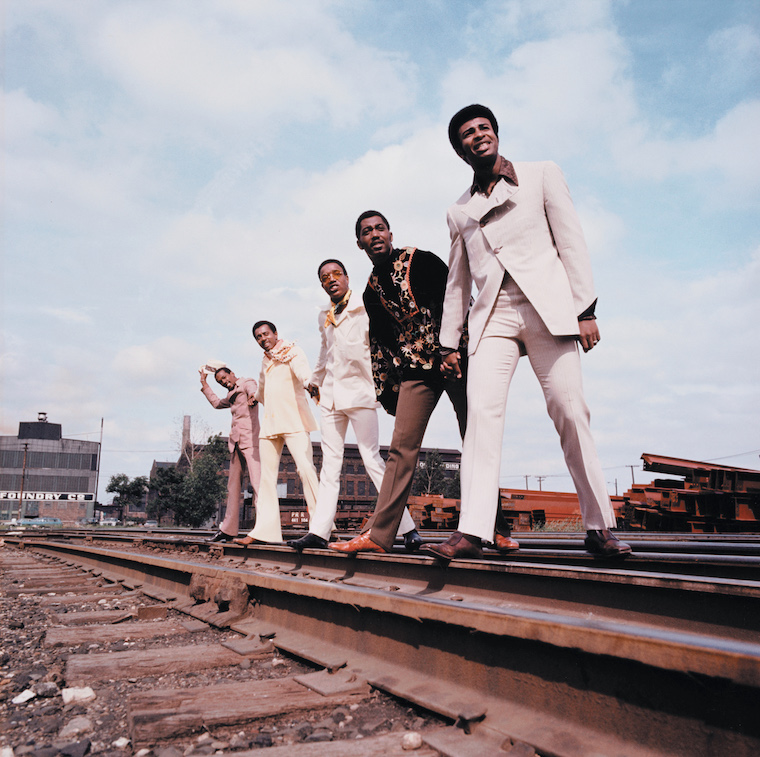
Day 2 – Saturday
What to Do:
Saturday is the day you get to brush up on your Motown history! Today, you have a full day in Detroit, and we recommend spending lots of time at the Motown Museum. To break your day up, why not begin with a trip to some of Detroit’s other famous attractions including Belle Isle Island, the Detroit Public Library, the Henry Ford Museum, and Fort Wayne.
Motown Museum: While the history of Motown is pretty epic, Detroit hasn’t honored it much further than building a museum – but one heck of a museum it is!
The Motown Museum has to be on your Detroit to-do-list as it’s here you’ll learn everything you need to know about the history of Motown Records, the music created back in the ’60s, and the impact these sounds and collaborations had on America’s culture, society, and economy. Founded by Esther Gordy Edwards in 1985, the museum is housed in the old recording studio and is one of Detroit’s (if not Southeast Michigan’s) most popular tourist attractions. The museum’s mission is to preserve the legacy of the Motown Record Company and to educate all those who visit on the astounding impact this music had on society and the entertainment industry as a whole. Inside you’ll find an array of Motown artifacts and memorabilia including photographs, vinyl, and lyric sheets. Make sure you stand inside Studio A, a place where now world-renowned artists once stood to record their much-loved tracks for the very first time, including the likes of Smokey Robinson, Gladys Knight, and Marvin Gaye. Upstairs you’ll find Berry Gordy’s former home, a restored upper flat where he resided in the early years of business with his young family. For a real in-depth look at Motown’s history, join a guided tour of the museum and quiz your guide on all things Motown!
Cafe d’Mongo’s Speakeasy: When it comes to evening entertainment, look no further than Cafe d’Mongo, here you’ll enjoy live music late into the night and an eclectic mix of Motown, blues, and jazz. This intimate setting is also a great place to enjoy a light dinner or late night snack, but it’s the music that you should be coming for!
Where to Eat
- The Motown Bistro – For a more refined dining experience head to the Motown Bistro where great food, music, and service all meet to create an unforgettable evening of indulgence. Enjoy the oyster bar, fresh seafood, and seared steaks. The lobster mac and cheese here is outstanding. Better yet, a live band performed here every evening from 6pm onwards.
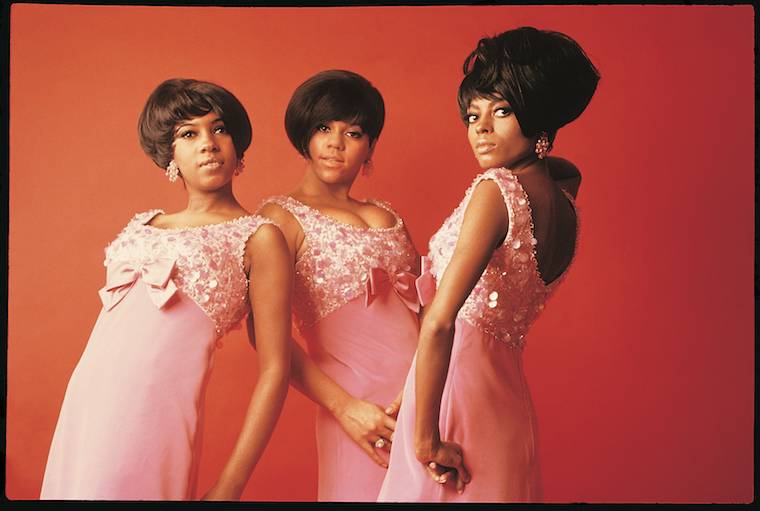
Day 3 – Sunday
What to Do
Your final day in Detroit should be spent fitting in the last remaining attractions and soaking up every last drop of history and culture possible!
The Charles H. Wright Museum of African-American History: While this museum doesn’t particularly focus on the impact of Motown on African-Americans, it does explore the history of black men and women in Detroit over the centuries. Inside you’ll find a range of exhibits covering different periods throughout history. Possibly the most interesting exhibit is that on the ‘Underground Railway’ which looks at the passage that allowed African-Americans to escape from Michigan into Canada.
Baker’s Keyboard Lounge: If you want a slight break from Motown, jump straight into jazz over at the oldest jazz club in the world! Step inside this art deco establishment, a stomping ground for the likes of Ella Fitzgerald and Miles Davis, and you’ll be transported back to 1934. They also serve fantastic soul food.
OR
Motorcity Casino: There’s plenty of bars across Detroit hosting live music nights were bands cover some of the Motown greats, and the MotorCity Casino is a popular venue for evening entertainment in the form of music.
Where to Eat
- Motown Coney Island – Coney Island is a must visit for all tourists wanting to soak up traditional Detroit and to enjoy a taste of Motown. Make sure you try the classic Detroit hot dog topped with chili, minced onions, and yellow mustard.
- Eastern Market – As North America’s largest open-air food market, Detroit’s Eastern Market is not to be missed. There’s plenty of food stalls to choose from offering a variety of Detroit dishes and snacks!
Motown music communicated and brought together a racially divided country at a time of need. It helped to desegregate society by breaking down barriers like no other record label had done, or has done since. With his $800 loan, Berry Gordy turned Motown into the most significant African-American business of its era and paved the way for black-owned labels and artists to this day (would the likes of Jay-Z or Kendrick Lamar have a stage today without Motown’s success?). Gordy remembered his roots, as he climbed the ladder of fame and fortune, he never turned his back on what was going on around him – the civil rights struggle that was rife during the 60s. Instead, Gordy took his music, his acts, his bands, and played numerous events to raise funds for African-American causes. The rise of Motown Records proved one more thing – a black-owned enterprise can succeed. A three-day city break to Detroit’s Motown is the perfect way to immerse yourself in black music history and to admire the work of a phenomenal man, and his incredible musicians.
Sponsored by Motown of Universal Music Group
